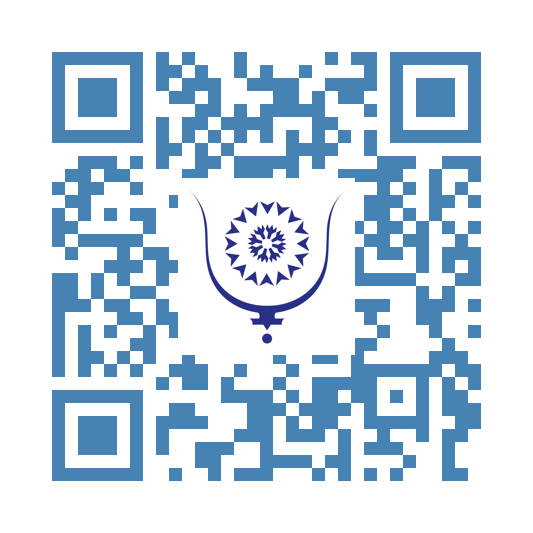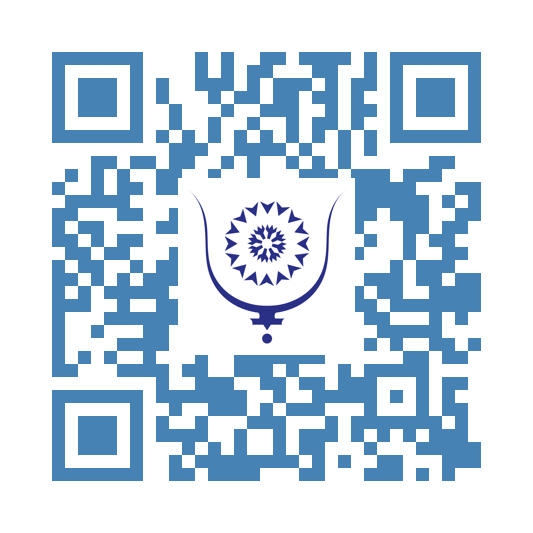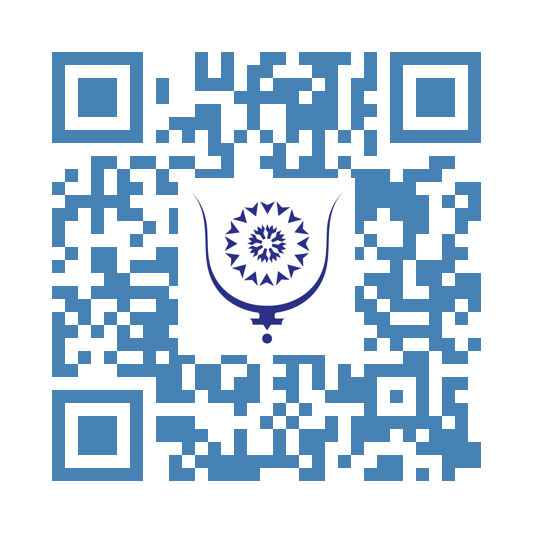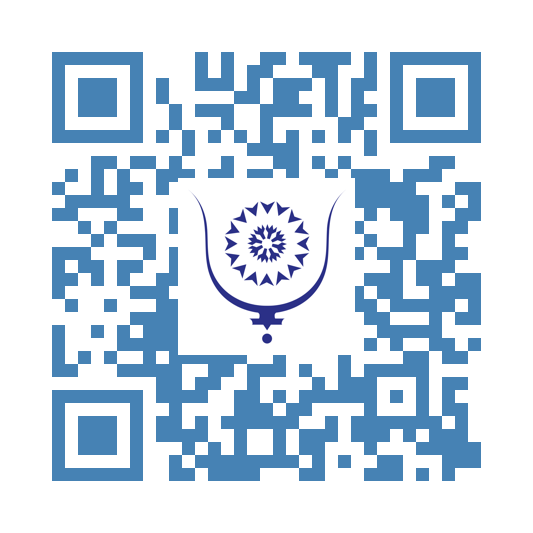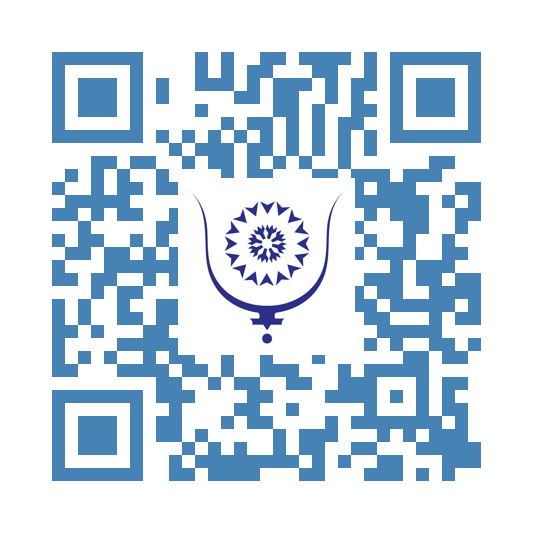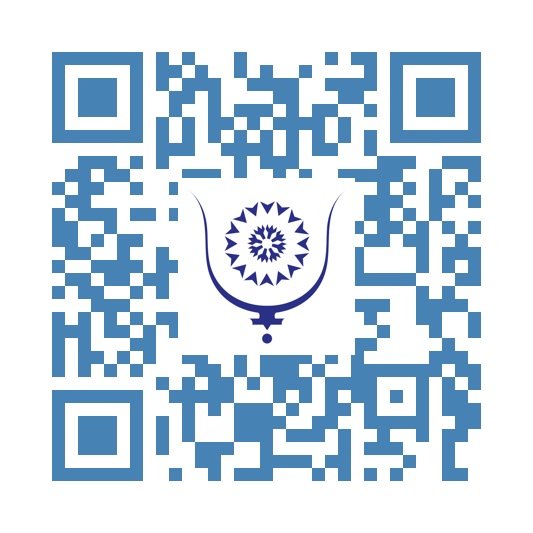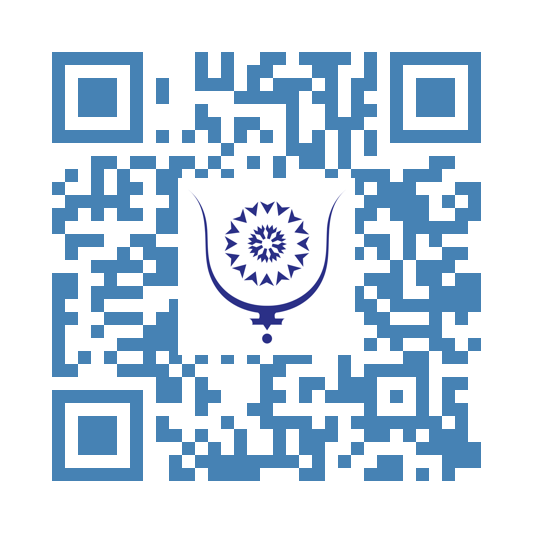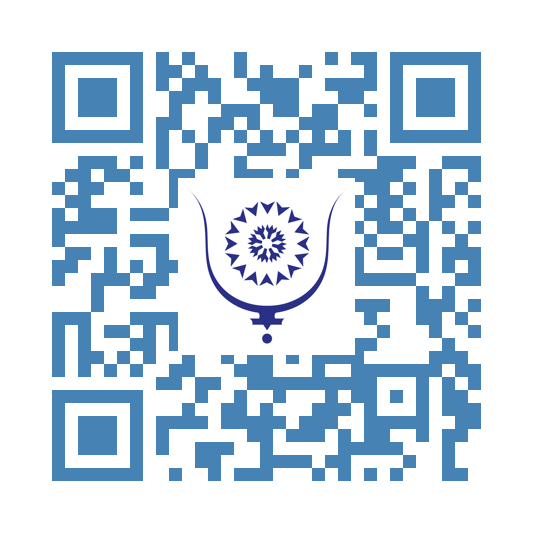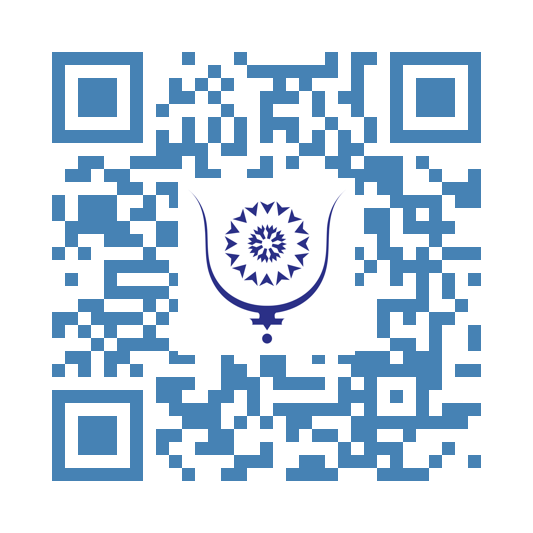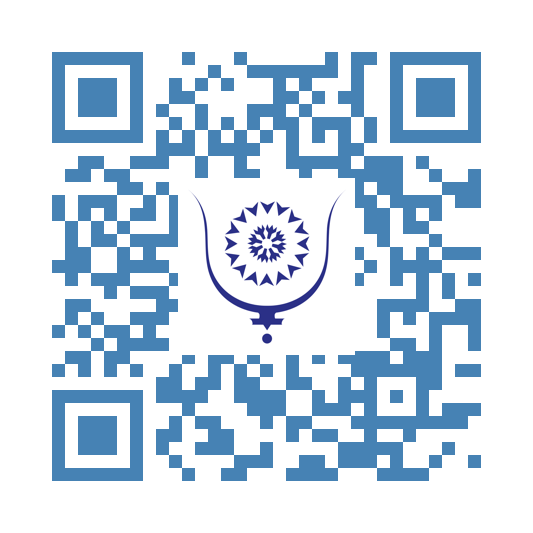Why let your writing sit unseen? Spotlight your latest work, attract real readers, and see your stories gain the attention and feedback they deserve no gatekeeping, no waiting.

XR Voice (Moroccan Dialectal) 8533
We cannot guarantee what's on the other side of this link:
https://youtube.com/playlist?list=PLrJJiKRlvR9mzYbAbGjO8ExvBIJajZP8C&feature=shared
Life is in the blood. 8638
A new version with minor updates. 8185
The Impact of Big Five Personality Traits on Augmented Reality Acceptance Behavior: An Investigation in the Tourism Field 8256
We cannot guarantee what's on the other side of this link:
Reshaping Sport with Extended Reality in an Era of Metaverse: Insights from XR the Moroccan Association Experts 7830
We cannot guarantee what's on the other side of this link:
[Short Stories #3] Awaiting You 8768
We cannot guarantee what's on the other side of this link:
https://drive.google.com/file/d/1Bvk_tj9CkBgxtCfF2s2sSs6cHyPyoIZl/view?usp=drive_link
The Death of Liberalism: Nature and the Steppe 7745
We cannot guarantee what's on the other side of this link:
Man, people and humanity 7830
Style is the man 8355
The Sun. 8419
A New Hope; The Dawn of Computational Pathology 8900
Sports performance, Africa has only one choice... 7741
But what is Gamal Abdel Nacer still doing in Conakry... 7922
Got venom? Snakes do, and they're not afraid to share! 8462
Even in the digital age, travel agencies remain an ideal partner for hotels 7999
"She" 7986
Angioedema: "From localized swelling attacks to potentially fatal asphyxia" 8161
Mastering the Art of Persuasion: Boost Your Interpersonal Communication Skills 7517
We cannot guarantee what's on the other side of this link:
The Conqueror of Worlds 8201
[Short Stories #2] Don't Extinguish my Flame 8362
We cannot guarantee what's on the other side of this link:
https://drive.google.com/file/d/1UMTqnOD2RMvleaENcglAS3fkI7r0qmVF/view?usp=sharing
French Expedition of Larache 1765 , Tale of a Moroccan Victory 7074
We cannot guarantee what's on the other side of this link:
https://twitter.com/CoolTheCucumber/status/1343278821122985984


